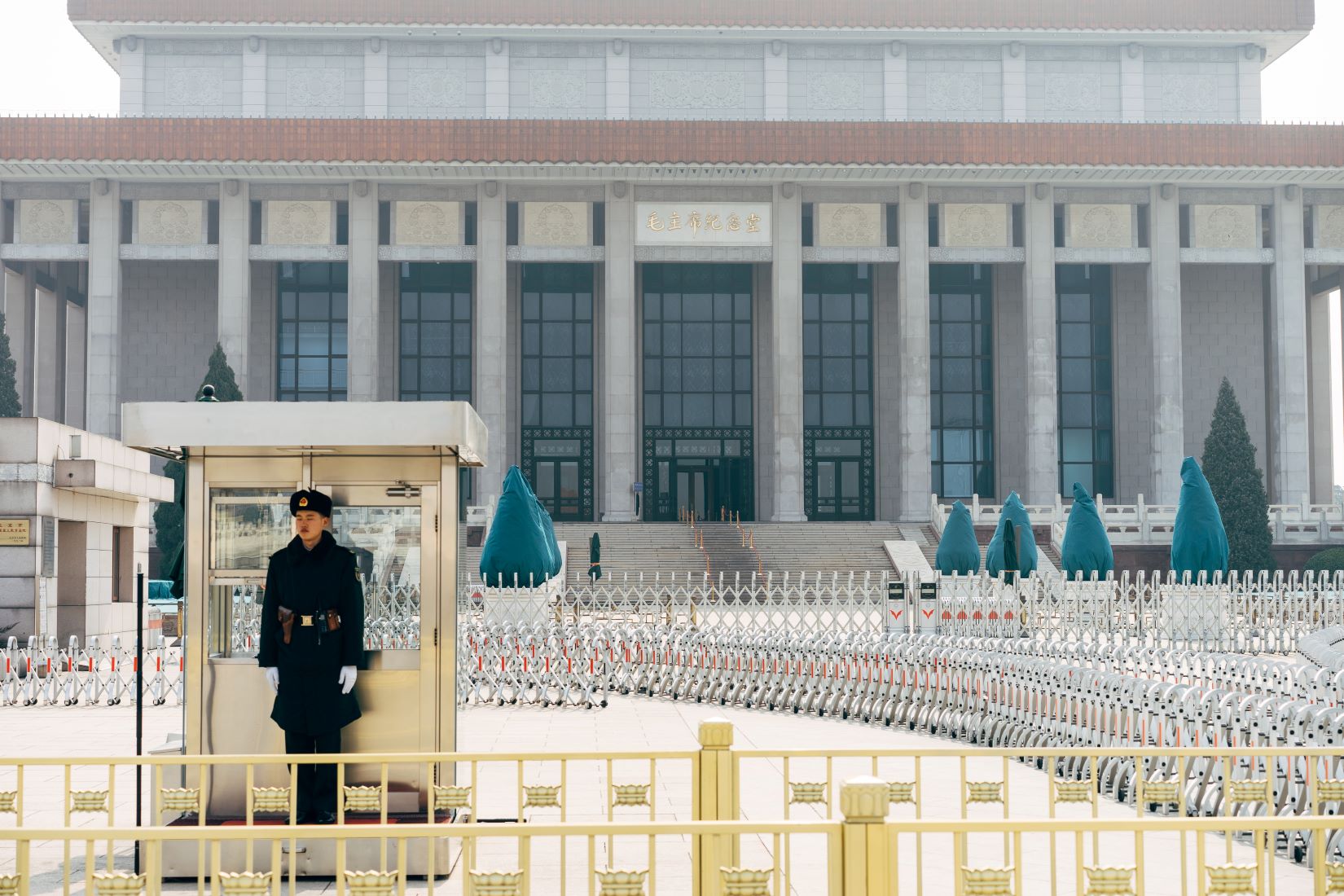Over the last 10 years, academics at Western European universities have published with researchers from Chinese military universities at least 2,994 times.
Over the last 10 years, academics at Western European universities have published with researchers from Chinese military universities at least 2,994 times. (Photo: Markus Winkler via Unsplash)
These include publications with academics at the National University of Defense Technology, which Delta previously wrote about, as well as researchers at the Chinese Academy of Engineering Physics. Among its areas of research, this latter institute carries out research into nuclear, conventional and laser weapons.
The research areas in the publications are wide ranging: from drones to artificial intelligence, and radar to underwater communication. These are the findings of China Science Investigation, a consortium of European research journalists that reports to the Dutch media company, Follow the Money. ‘China intends to create the most powerful army in the world. This appears to be happening – thanks to European academics who are sharing militarily sensitive knowledge with the Chinese army at a large scale’, writes Follow the Money in a press release.
Delta had already thrown light onto the fact that dozens of Chinese military academics had graduated from TU Delft with doctoral degrees or had been guest researchers there, and that TU Delft had signed cooperation agreements with four of the Seven Sons of National Defense. These are universities that appear to be civilian but in reality have close ties with the Chinese defence industry. In those publications Delta wrote that this was only the tip of the iceberg because the editors chose to focus on four Chinese universities rather than all Chinese universities.
Planned strategy
Academic collaboration abroad is part of a planned Chinese strategy. The country strives to be the technological, economic, political and military power of the world. China acquires the knowledge needed for this from abroad, warned the AIVD and MIVD recently again. The security services say that this is sometimes done through espionage, but more often through academic partnership.
Among the people that Follow the Money spoke to was Alex Joske, an independent Australian China expert. “The Chinese army takes on these partnerships with the intention of gaining access to technology and expertise that will improve the army,” he explains. “The reality is that these partnerships involve the transfer of expertise and knowledge from Europe to the Chinese army.”
Defence expert Joris Teer of the Dutch HCSS thinktank argued earlier this year in the Dutch newspaper the NRC for mandatory disclosures for universities and companies that collaborate with Chinese entities in sensitive areas. This would allow the Government to determine if ‘incidents are the tip of the iceberg or the whole iceberg’, writes Teer. Earlier this month, (in Dutch) Minister Dijkgraaf stated that he did not believe this measure was necessary. “It is primarily up to the knowledge institution or the company themselves to weigh up the opportunities and risks of each partnership,” stated Dijkgraaf.
In the meantime, TU Delft has designed the China Tools which helps academics weigh up whether or not to work with Chinese peers. The TU has also hired a policy advisor on China and a TU Delft China symposium takes place several times a year.
Of 11 editorial departments in seven countries, 30 journalists worked on the China Science Investigation, including those at the Neue Zürcher Zeitung and the Süddeutsche Zeitung. In the Netherlands, RTL Nieuws and Delta journalist Annebelle de Bruijn were involved.
- The consortium will publish more stories on this subject in the near future. For more information about the project and the media partners, see ftm.eu/chinascienceinvestigation.



Comments are closed.